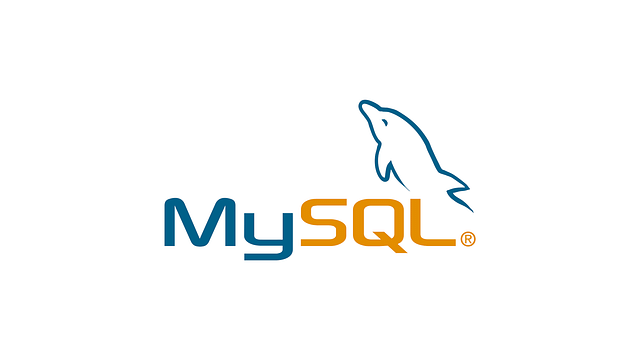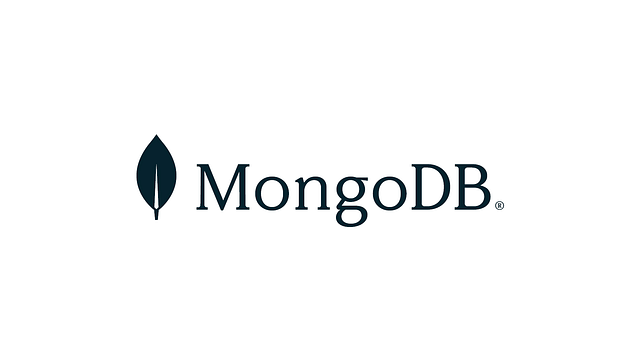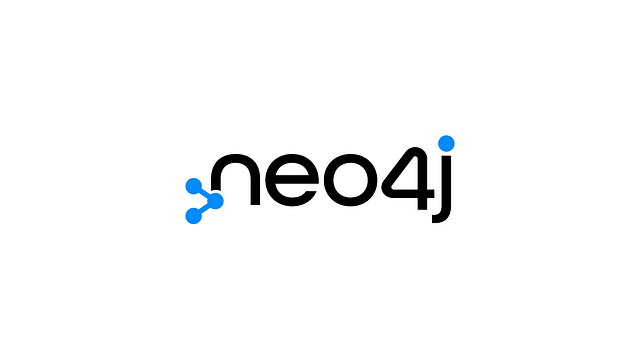
How do you choose a database type for a software project?
In the world of software development, databases are the heart of most applications. These essential tools serve as the backbone of every web application, storing and retrieving data that powers the dynamic content we interact with. When starting or expanding a software project, one of the most important decisions you'll make is choosing the right database type.
In this blog post, we will explore the strengths and use cases of three popular database systems: MySQL, MongoDB, and Neo4j. By understanding the advantages and intricacies of each, you can make an informed decision tailored to your project's unique needs.
What is the role of a database in a software project?
Before we look at the different database types, let's take a moment to think about the role that databases play in software development. A database is the repository where data is stored, managed, and retrieved by your application. Whether it's a blog, an e-commerce platform, or a social media network, databases are at the heart of all software projects.
A well-chosen database system can benefit performance, scalability, and data integrity. It ensures that your application can efficiently store and retrieve the information it needs to operate seamlessly.
If you've always used a single database type, you might be wondering why you should even think about this. Every database stores data that you can use. Why does the database type matter? Well, let's look at 3 different databases a little more closely to find out.
MySQL: The Relational Database

MySQL, a popular open-source relational database management system, is a dependable choice for many software applications. It excels in structuring data into tables with predefined schemas, making it ideal for projects that require structured, predictable data.
- Use Cases: MySQL shines when your application demands structured data with fixed relationships. It's a great fit for content management systems, e-commerce websites, and data-driven applications.
- Tips for Effective Data Modeling in MySQL: Effective data modeling in MySQL involves designing a clear schema that anticipates your application's data needs. Normalization is key to avoid data redundancy, and well-indexed tables improve query performance.
- Choose this database if: Your project relies on structured, predictable data with well-defined relationships, and you need a robust, ACID-compliant database for data integrity and consistency.
In conclusion, MySQL offers a reliable, structured way to store data and is particularly effective when dealing with predictable data and well-defined relationships. Its adherence to ACID principles guarantees data integrity and consistency. Now, let's delve into the realm of NoSQL databases, starting with MongoDB, and explore how it contrasts with relational databases.
MongoDB: The NoSQL Database

MongoDB, a leading NoSQL database, takes a different approach. It's a document-oriented database that stores data in flexible, schema-less documents, making it an excellent choice for projects that require dynamic data structures.
- Use Cases: MongoDB is well-suited for applications with unstructured or semi-structured data, such as social networks, content management systems with variable data, and IoT platforms.
- Tips for Effective Data Modeling in MongoDB: Effective data modeling in MongoDB involves understanding your data's structure and designing your documents to match the way your application accesses data. It offers the flexibility to quickly adapt to changing business requirements.
- Choose this database if: Your project involves dynamic, semi-structured data, and you value flexibility, scalability, and quick development iteration. It's an excellent fit for applications where the data will change quite often.
In essence, MongoDB's flexibility and scalability make it a strong contender for projects with evolving data requirements. However, bear in mind that every project is unique, and the "best" database depends on your specific needs and the nature of your data. Now that we've covered relational and document-oriented databases, let's move on to exploring the world of graph databases, starting with Neo4j.
Neo4j: The Graph Database

Neo4j is a graph database designed to handle complex relationships and highly interconnected data. It's an excellent choice for projects that need to navigate intricate networks or analyze graph-like data.
- Use Cases: Neo4j is an indispensable tool for applications dealing with social networks, recommendation engines, fraud detection, and any scenario where relationships between data, not the data itself are a core component.
- Tips for Effective Data Modeling in Neo4j: In Neo4j, data is modeled as nodes and relationships. Effective modeling involves identifying the entities, relationships, and properties in your data and defining them as nodes and edges in a graph.
- Choose this database if: Your project revolves around complex relationships and you need to perform graph-based queries or deep analysis. It's the ideal choice for applications that deal with unpredictable and even unknown depths or relationships between entities.
In conclusion, Neo4j is fantastic at handling complex relationships and interconnected data, making it a game-changer for projects that deal with extensive data interlinking and analysis. It's the go-to choice for uncovering insights from relationships and navigating through previously unknown data efficiently.
Conclusion
In conclusion, the choice of a database system is an important aspect of software development. MySQL, MongoDB, and Neo4j each offer specific advantages and use cases. By carefully evaluating your project's needs, you can make sure your data is stored and managed optimally, so you can quickly and easily develop your apps.
Posted on: October 13th, 2023I help you achieve great SEO, higher conversions, and help you grow your business
Contact me now to start growing your business online
